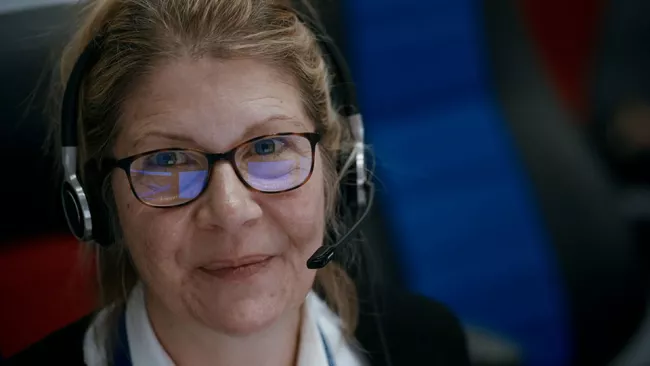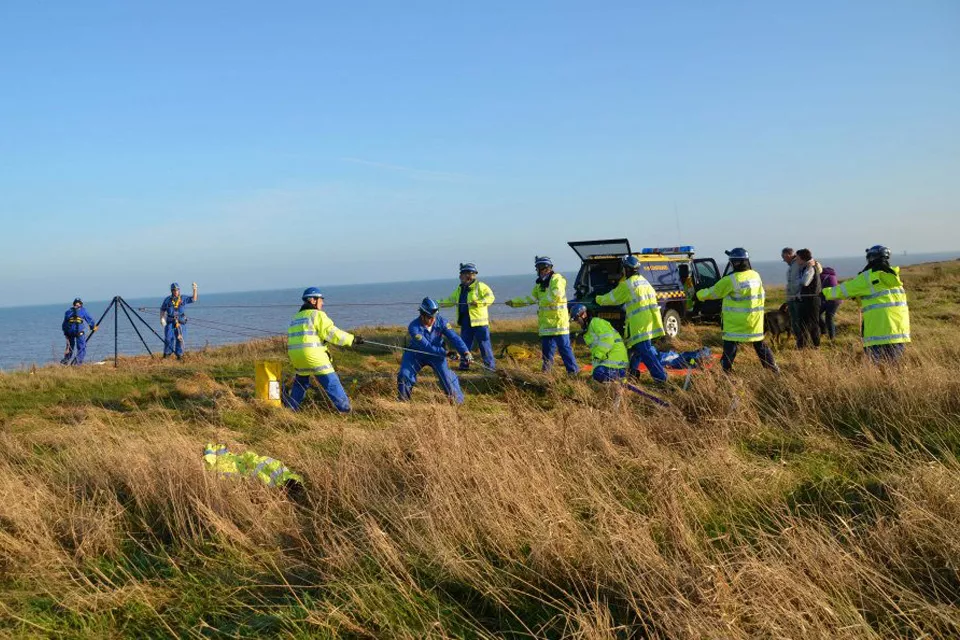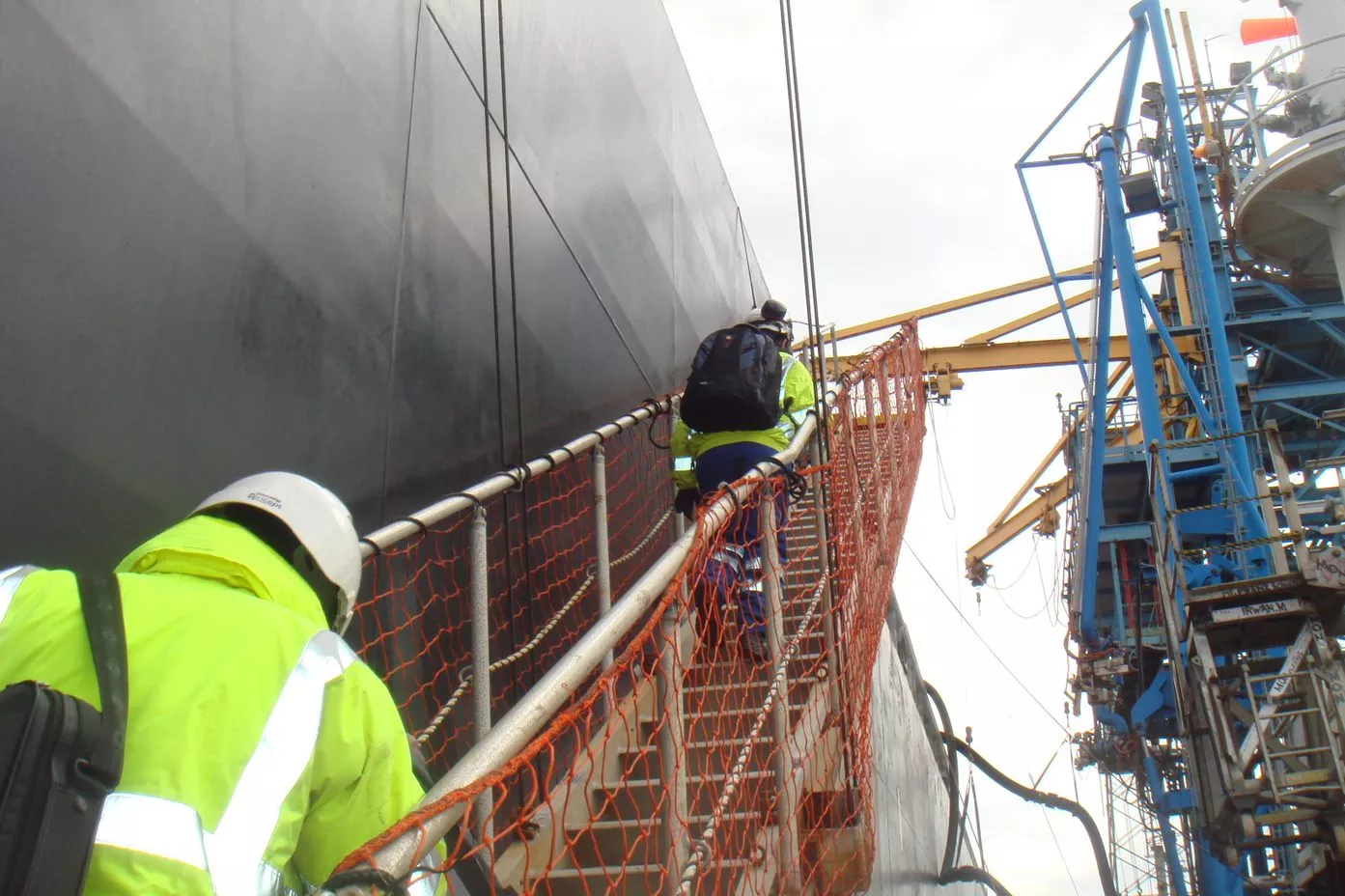“I was concerned, really really concerned for him – he was such a lovely man who had gone for a walk, taken a wrong turn and suddenly found himself in deep trouble.”
Rachel is one of our Maritime Operations Officers in the Joint Rescue Coordination Centre (JRCC) at Fareham, Hampshire and it is her job to coordinate maritime search and rescue incidents, while also answering the 999 calls that come into HM Coastguard’s operations rooms.
Viewers met her on Sunday (2 July), in the first episode of behind-the-scenes documentary Coastguard on Channel 5, as she worked alongside colleagues to reassure the gentleman stuck in the mud as the temperature dropped and his condition deteriorated.
And they want to know more about our control room staff.
This incident is just a glimpse into the daily challenges faced by our dedicated staff in operations rooms nationwide. They go above and beyond, putting every second to good use in order to save lives at sea.
Maritime Operations Officers, lovingly referred to as MOOs, have a vital role in the operations rooms. They are based in the 10 Maritime Rescue Coordination Centres (MRCCs) around the country and the UK’s national maritime command and control centre in the JRCC.
They handle the calls that come into the MRCCs – both emergency (999) and routine calls – and coordinate maritime rescues. They gather and analyse the information available to enable them to respond to incidents and emergencies in the most suitable way, as well as disseminating safety information to mariners, coastal users and partner organisations.
As you saw during this rescue, MOOs always work as part of a team, overseen by a Team Leader.
Rachel has been working in the JRCC for the last four years – following a 9-to-12-month period of on-the-job training – taking emergency calls and coordinating an urgent response. She had trained in a police control room as a call operator before following her passion for the sea into the Coastguard.
“I’m a big fan of sailing so I was aware of the Coastguard and what they do,” she said. “I knew what was involved in the job. I do enjoy the coordination side, it isn’t easy, but the bit I like best is talking to people, even if it is quite often in difficult circumstances.
“We are here for people at their worst moments – and their best actually – and the feeling when you have done a good job and got someone home, it’s just amazing. It’s the most important part of the job for me, getting people home.”
She said that her talk with the elderly man stuck in the mud has stayed with her since, as she recalls her deep worry at the time.
“He was on his own, it was dark and he was very cold,” Rachel said. “I could tell that he was being stoic and I just didn’t want to leave him on his own. But the phone kept cutting out so I had to keep calling him back. But we were just chatting away mostly and I was trying to distract him.
“I was really worried about him, so I was so pleased when they got to him in time and everything turned out alright.
“It can be a very tough job at times, but the good things – and the feeling of bringing someone home safely – outweighs the bad.”
Interested in finding out more about a Control Room role?
Visit the Maritime and Coastguard Agency Careers Registration page on gov.uk and register your interest.
Tune into Episode Two of Coastguard at 9pm on Sunday on Channel 5
Read all about Episode One with additional content and insight.
Rewatch the episode Channel 5 On Demand: https://hmcoastguard.uk/coastguard-episode-one



